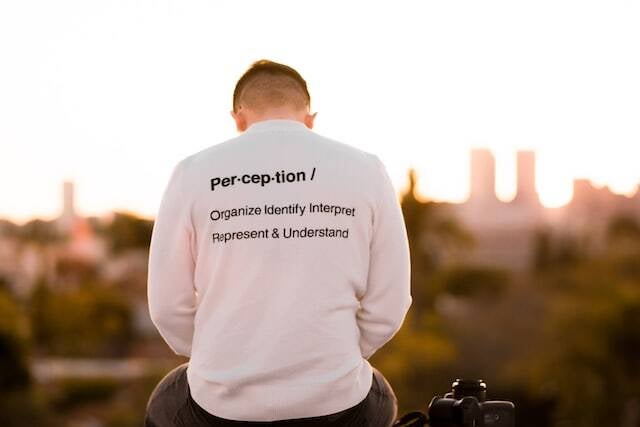
The last 30 years have seen a quantum shift in the way we live our lives.
The way we consume information has changed, our expectations have changed and who would have thought that years ago that most of our lives would be controlled by a small thing that we carry around in our pockets!!
The great financial crisis of 2008 / 2009, for many, is confined to history, and what came from that has perhaps shifted reality for many.
The chart below shows how interest rates, the amount that borrowing is based on, came down:

Added into the mix was that technology was driving down the cost of the things we wanted.

Inflation didn’t seem to be an issue.
But all of this has come at a cost. With cheap borrowing the affordability of houses came to most people and this saw a boom in house prices:

As house prices boomed so did the average earnings:

Taking a step back, there are many who have been in similar places in the past. In the early nineties a house would cost around £40,000. It seems cheap but when we consider interest rates around 15% at one point, then dropping to 5%, the affordability was no different. Fixed rate mortgages were not common, 40 year mortgages unlikely and more than 2.5 times earnings as a loan would have been exceptional.

Tax was also different. During the last 30 years tax has come down and therefore there was less take home pay in the nineties and then we saw house prices fall.

I am from that generation and once faced with difficult choices of having around £300 a month to live on after all the bills were paid. This meant I couldn’t really afford to go out if I wanted food. Therefore, choices had to be made. For three years I had no car, I rented out rooms and things changed. Then when I sold the house, it was sold at less than the purchase price I had paid for it six years previously.
However things were different then. The last 30 years have seen this quantum shift and with this has seen a shift in our expectations. To make lifestyle changes such as selling a car seems unheard off now, or downgrading our phone, not going out, not having that latte etc.
In every economy people will be left behind.

This seems relatively high but is relatively stable. How we change this is a separate debate.
The real point of this article is to focus on expectations. The data we consume has increased substantially over the last 30 years.

This is the increase in internet penetration. Information and data are not a bad thing but it becomes damaging if we are unable to seek out the truth. The truth is always blurred and therefore can be distorted. The Brexit debate was full of half truths from both sides, and yet the press picked on what they wanted people to read. Effectively we were manipulated to think a certain way and that would force us to decide based on that. It doesn’t matter whether we were for or against, the fact was that getting to the truth was hard.
COVID was the same. The chart below shows the spike in deaths and then how this dropped below the five year average.

Today we face the same:

For the last ten years we have been able to get mortgages fixed at 1% or 2%, cars on zero finance etc. House prices have gone up for two reasons, firstly demand and secondly affordability with a mortgage at a rate 1% or 2% that is relatively cheap.
However, when you have never experienced anything else then when things change it is hard to know what to do. This is really the heart of the issue. Our expectations now are different.
We have streaming services, gym, mobile phones, entertainment, holidays etc that we see as an everyday necessity rather than a luxury and that is an important shift.
On top of that the news flow distorts the way we think. If the press is negative then that is how we start to think unless we can disconnect from the news flows.
The nub of all of this lies in the fact that there is a generation who have never faced what we are facing today. We can argue that it was harder before but the fact is that it was different.
There are often ways to navigate periods such as this and perhaps today is a wake up call that in many ways we are a lot more fortunate than we were 30-years ago, we pay less tax, interest rates have been cheaper etc. But at the same time, because we only look at the period we are in it is hard for us to disengage from the noise and work out how to move forward.
My takeaway is that nothing is black or white. People are always left behind and this is wrong, but for the majority things have got “better” over the last 30 years. The problem is that this in itself creates “problems”.



Add comment
Comments